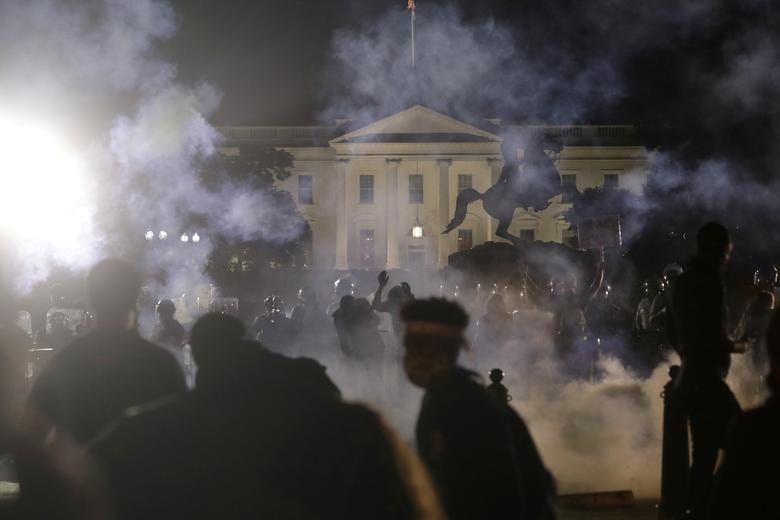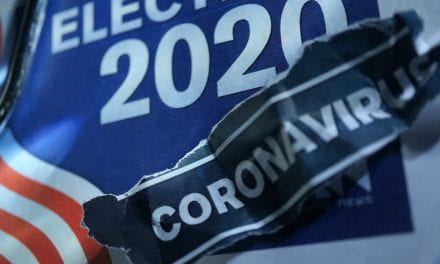Now more than ever before, my peers are showing engagement with the political system, the concepts of justice, and are finally realizing that they, too, have grievances they wish to be aired. The reality that something is wrong is inescapable. Sixty years ago, racism was clearly visible. It existed on water fountains, in the restaurants on Main Street, and on the bus to work. But for white Americans in the 1960’s, the crossing of the living room threshold after work marked the end of their daily exposure to racism. “Whites Only” was not posted on their television sets, and I hesitate to think that the news covered racial inequality too rigorously, if at all.
Today, every pocket has a camera phone in it, and the maxim of the age has become “somebody is always watching.” A rising tide of police brutality has kept fingers glued to the record button, and this omnipresent watchdog has been a crucial instrument in police accountability. The information age has made the realities of systemic, institutional, and environmental racism undeniable, and social media catalyzes promulgation like nothing else. Complaints to the ACLU can now be posted, pinned, shared, and downloaded.
Unlike the 1960’s, bigotry and police misconduct can be filmed today. A video depicting either can be posted to Twitter in seconds, and by the time it takes me to finish this paragraph, it will have been seen by thousands of people. While print media will still be near and dear in the hearts of those favoring an analog touch, it has been succeeded by digital platforms. This interconnectedness was absent during the Civil Rights Era, and as such, it was easier for the advantaged to turn a blind eye. However, with the iniquity of today plastered across screens and blasting through speakers, only one thing sufficiently explains why its existence is still denied: ignorance.
As citizens of a nation that guarantees equality under the law for all, it is incumbent on us to have these talks when this guarantee is being flouted for some. However, the divisiveness of privilege and race must be realized, and if earnest discussion is to be achieved, a conversational tightrope must be walked. Minds are not changed by ad hominem attacks, raised voices do not strengthen arguments, and reform implemented through violent means is neither just nor permanent. Clamoring for “revolution” ignores the ripples of usurpation. Our vote is our voice, and it is our duty to lessen the disparity between what is, and what should be. The desire for change is palpable and warranted—but temperance must prevail. Degradation is not revolution, and the outbreak of internal strife will set us back centuries.
Let me be clear, you should be angry. Decades of brutality and qualified immunity will lead to the deterioration of public trust in the police, and the flippant use of excessive force continues to strain this relationship. What is happening is not normal, few other developed nations grapple with the same institutional problems currently faced by America. Now is the time for our generation to make change, and to build the institutions with which we want our children to interact. No one should be conditioned to “just comply” if their civil liberties are being violated, nor should anyone fear that a routine traffic stop will be their last.







